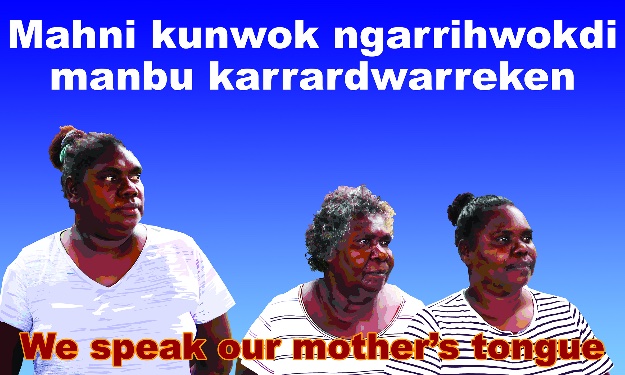Chinese fuzzwords and slanguage of the year 2021
If you want to get an idea of what preoccupies Chinese people, one good way is to take a gander at current lingo. SupChina provides a convenient compilation from two authoritative sources. In the past, I've been disappointed by many Chinese words of the year lists because they seemed to have been blatantly chosen by government bureaus with a political bias in mind. The lists assembled below strike me as more genuine and less skewed toward the wishes of authorities. That is to say, they match well with my own perception of what people are thinking and talking about on a daily basis, and the words they use to express themselves. So here goes:
"China’s top buzzwords and internet slang of 2021"
Two year-end lists of popular slang words and internet catchphrases were published this week. The words offer a glimpse into what’s on the minds of Chinese internet users and Chinese government officials. Here are all 16 words on the lists.
Andrew Methven, SupChina (12/8/21)
The fact that four of the expressions appear on both lists is reassuring that they represent actual preferences of Chinese citizens.
Read the rest of this entry »
